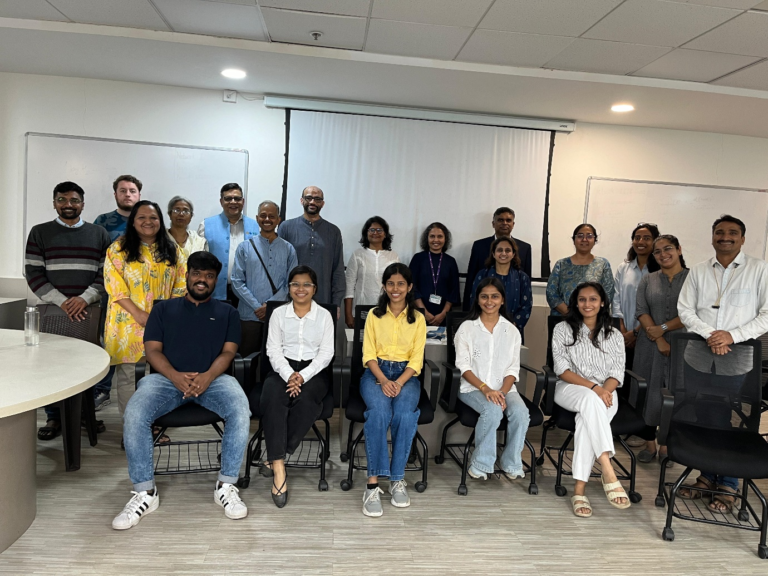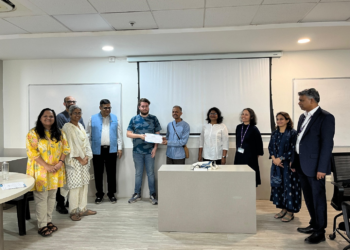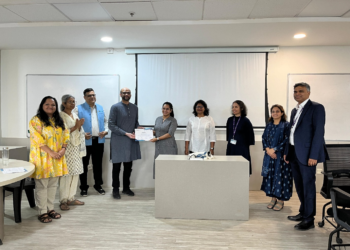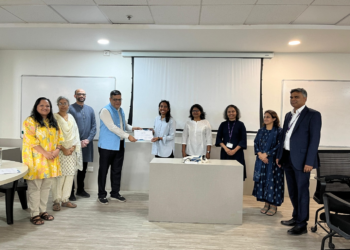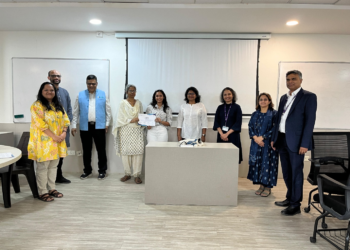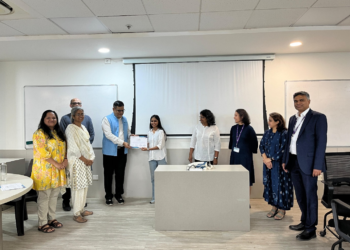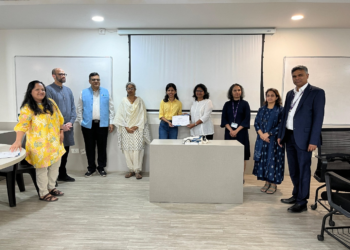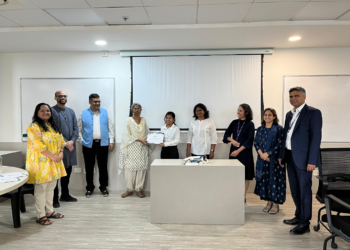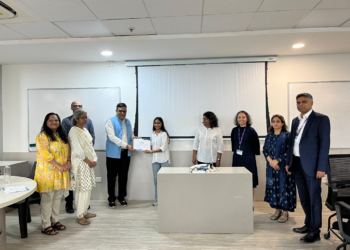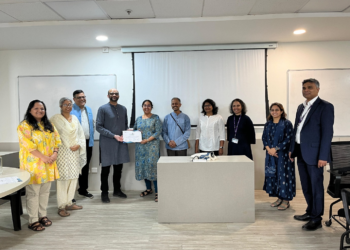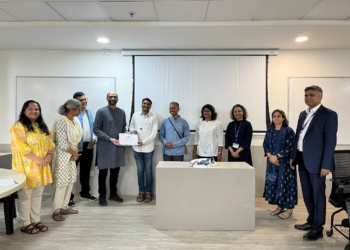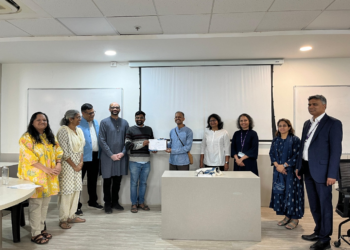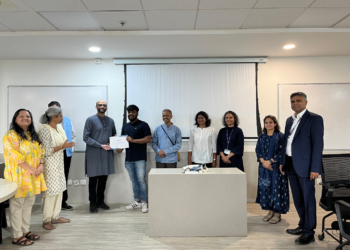Workshop Overview
As part of the ongoing efforts to enhance knowledge and foster interdisciplinary collaboration, a one-day training program was conducted at IIT Bombay on 30th December 2024. This session brought together experts and participants to explore key aspects of sustainability, environmental research, and innovative design solutions. The venue for this in-person training was the Collaborative Learning Research Laboratory at the Parimal and Promod Chaudhari Centre for Learning and Teaching at IIT Bombay.
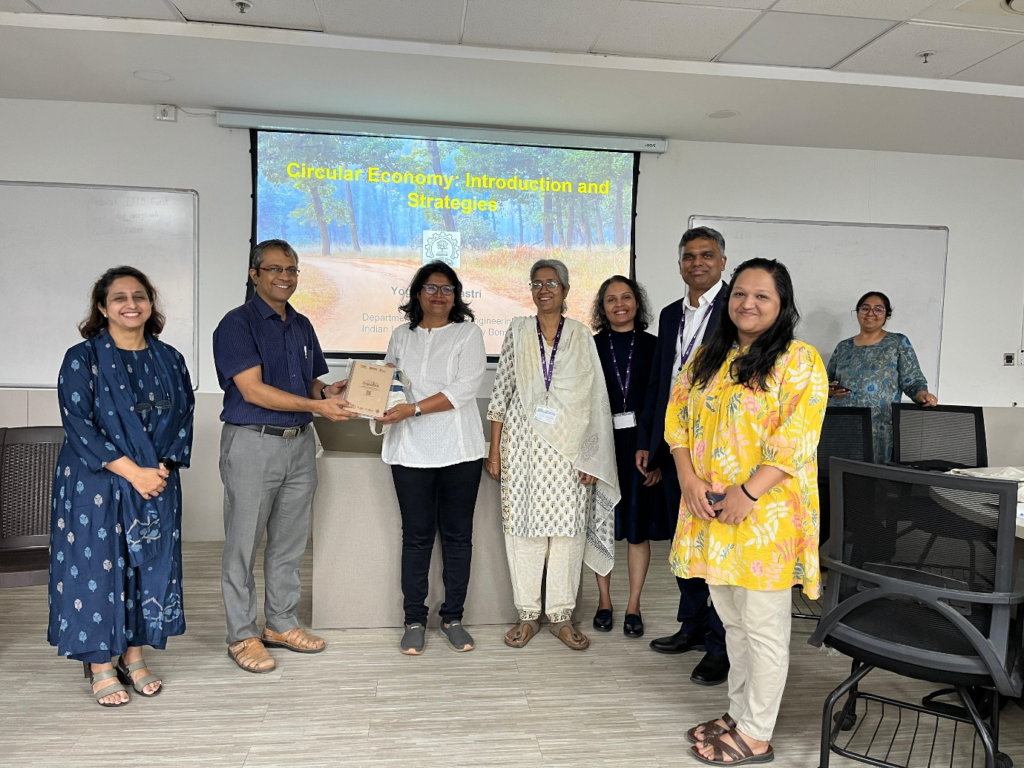
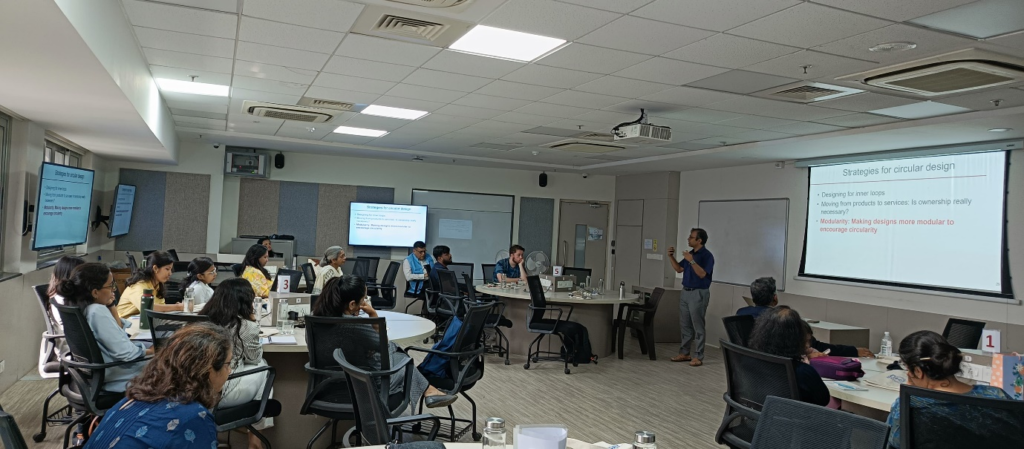
The training commenced with an insightful talk by Dr. Yogendra Shastri, who introduced the basic concepts of the circular economy, discussed circular economy systems diagrams, and examined global cement production statistics to emphasize the importance of a circularity approach in the built environment. He also provided valuable perspectives on environmental sustainability, systems modeling, and sustainable resource management. His discussion set the tone for the day, encouraging participants to critically analyze various aspects of environmental policies and sustainability practices.
A three-day hands-on bamboo construction workshop was successfully conducted at BNCA, Pune, from December 23rd to 25th, 2024 as a part of CAPABLE-India Program. This workshop was a key component of the CAPABLE Project aimed at equipping students with practical skills and knowledge about sustainable building materials, specifically bamboo.
The event was attended by a diverse group of students, including Indian students from BNCA, Pune, IIT Bombay, and international students from Liverpool John Moores University. Additionally, 10 first-year B.Arch students from BNCA also participated in the workshop, contributing to a collaborative and multicultural learning environment.
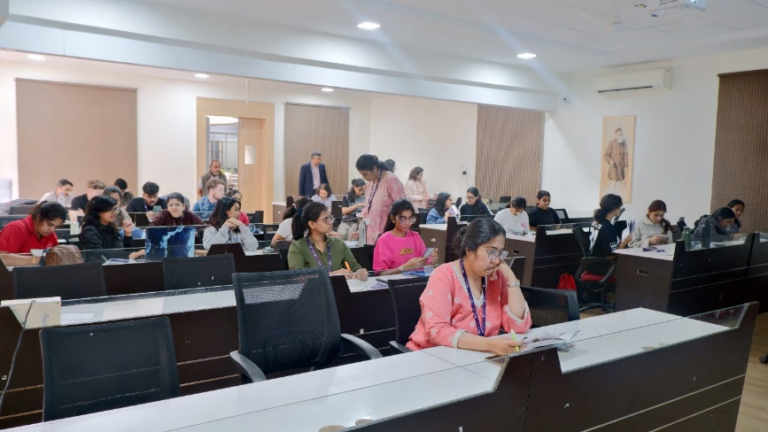
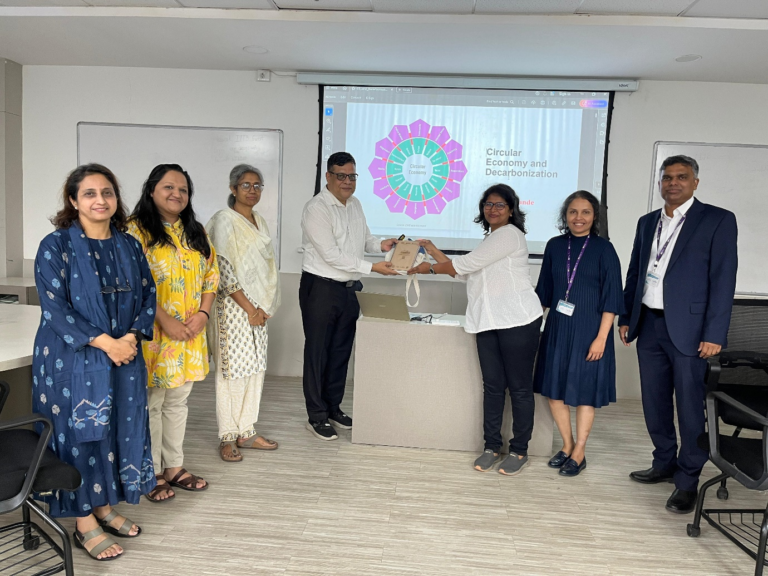
Following a short break, Dr. Ajay Deshpande took the stage to delve into the evolution of the circular economy and the way policy approaches have shaped its trajectory over the years. His talk highlighted the significance of integrating sustainability into policy frameworks and provided real-world examples of how regulations have influenced environmental practices.
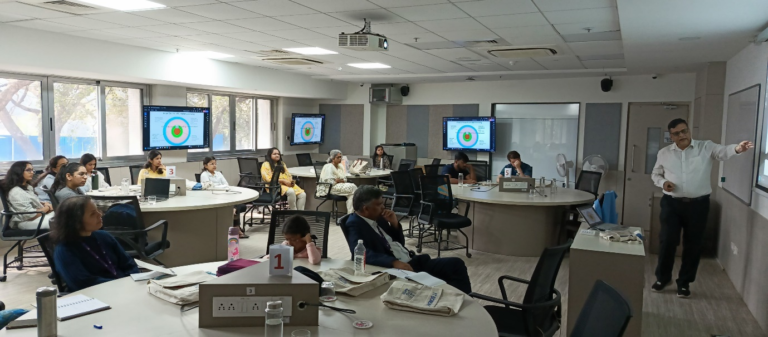
The afternoon sessions featured interactive site visits, beginning with a trip to the Bamboo Studio at the Industrial Design Centre (IDC). Here, participants explored innovative applications of bamboo in sustainable architecture and product design, gaining insights into material sustainability and its role in eco-friendly construction.
The final stop of the day was the Sustainability Lab, where attendees witnessed cutting-edge research and technological advancements in energy efficiency and environmental resilience. This visit provided a hands-on learning experience, allowing participants to engage with real-world sustainability solutions and research methodologies.
This training program provided a platform for knowledge exchange and interdisciplinary collaboration, equipping participants with a deeper understanding of sustainability in the built environment. The interactive discussions, expert-led sessions, and site visits enabled attendees to explore innovative solutions and forge connections for future research and implementation.
The India-side training program under CAPABLE concluded with the IIT Bombay training module. At the end of the session, participants were awarded certificates of successful completion by Dr. Anand Rao, Head of CTARA, IIT Bombay, Prof. Anish Modi, IIT Bombay, Dr. Bakul Rao, and Dr. Ajay Deshpande.
CAPABLE participants felicitated by Prof. Anand Rao, Head of CTARA, IIT Bombay, for successfully completing the India Training modules.
